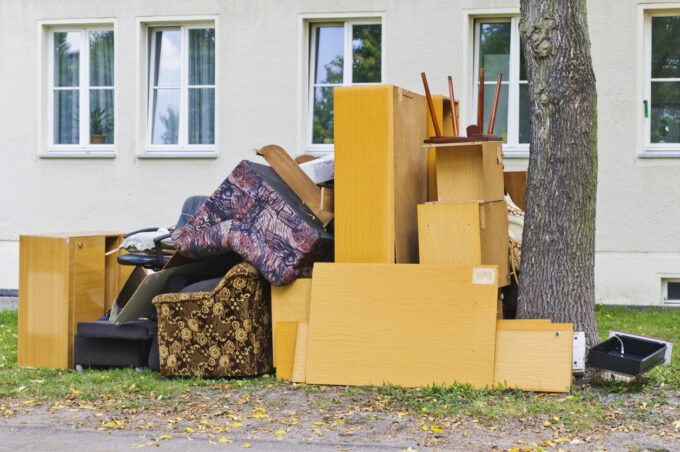The more advanced we become as societies, the more junk we collect. There’s really no way around this. We modernize and create a nearly infinite range of items as we advance. From a wider variety of food and clothing to different types of furniture, electronics and other accessories, we have nations that are filled to the point of bursting with stuff. Just stuff; stuff everywhere! Grocery bags, TV boxes, old smartphones, broken furniture, and the list can go on practically forever. We have a hard enough time figuring out where to put all the useful stuff we have. We end up filling our spare rooms and closets, and some of us even get sheds and storage lockers to keep our stuff. But what about our junk? Have you been looking for a garbage removal company that you can trust? Well, eagledumpsterrental.com is here to help. For everything we create, everything we own, there’s also a lot of junk involved, and we can’t just let it lay around forever.
Junk removal is a very important part of our societies, even though we don’t typically think about removing this junk very often. Maybe in the morning when you hear those trash trucks running, you might devote a few seconds of thought to where all that junk ends up. Other than that, though, most of us just go on with our day and never give a second thought about all of that junk! Luckily for us all, there’s an entire industry out there whose only job is to think about this junk, and to remove this junk for us. Though seeing as governments and municipalities operate trash collection, is there actually a market for companies that remove junk? Is this sort of business profitable? For more information or junk removal services please visit: https://thejunkremovalmovement.ca/.
How Some Junk Businesses Stay Profitable
If the question is whether or not businesses are profitable that remove junk, the answer is an emphatic yes, while also a resounding no. Not to confuse anyone, but like with most businesses, it really all depends. For instance, just because a restaurant opens and sells food doesn’t mean it’s successful. In fact, most fail. The same holds true in any industry. There are some very successful examples, though also a lot of failures. Here are the things that successful companies do to keep their junk businesses thriving.
They Deal in Residential Junk
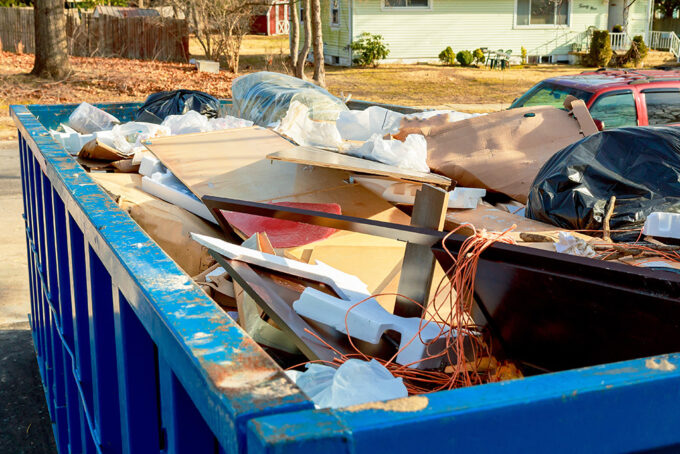
The first way one of these businesses can stay profitable is to deal closely with residential properties and handle their junk. We’re not talking about their trash; this is what the municipalities handle. What we mean is specifically their junk. That old chest of drawers that needs to be discarded, or old furniture like sofas, chairs, tables, etc. Even some electronics that the public trash won’t take, successful businesses handling the removal of junk swoop in and take care of these things.
The best businesses are friendly and also very clean with how they handle things. They don’t just come in and drag items across the lawn, leaving debris everywhere. The right junk business comes in and cleans up, and they leave without a sign that junk was ever there. That’s how some businesses achieve success and others do not.
They Deal in Commercial Junk
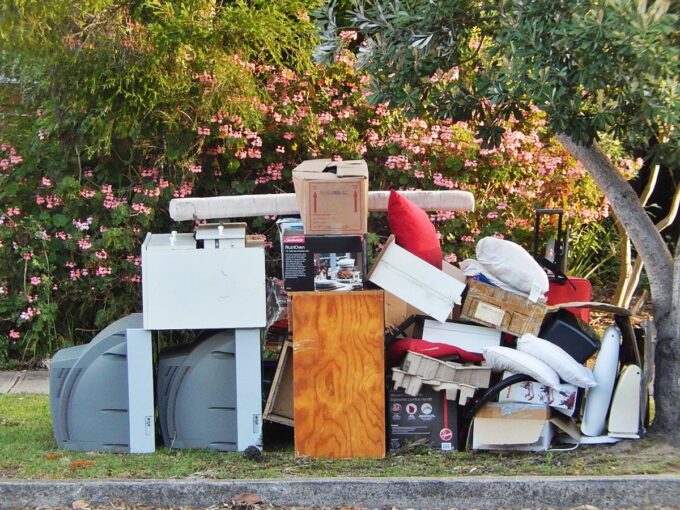
Large businesses, factories, schools, and other public locations need their junk removed too, and they often accumulate a whole lot more than the public trash collection will take away. Successful businesses dealing in the removal of junk will forge actual relationships with commercial industries, often setting up a scheduled time to come haul this junk away. There’s not necessarily a set limit to the amount or types of items; it’s more to do with the reliability of a company that shows up and cleans up.
Commercial industries cannot have junk lying around. They’re also unlikely to staff people just to handle this removal, when it can be outsourced. This is why all successful junk businesses have commercial options and deal with these industries.
They Deal in Unwanted Junk
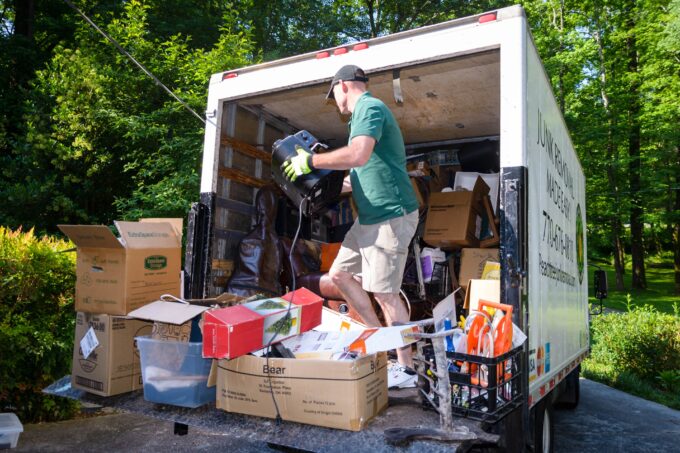
When we say “unwanted junk,” what we mean is the stuff that the public won’t take, and even stuff that dumps won’t take. There are some items that you just can’t get rid of. For instance, things like LED TV sets are considered toxic in many regards, and many locations will not accept them. The successful junk businesses have inroads with locations where they can dispose of these items safely, so that you can get rid of any sort of junk you have. If a junk business has a list of items that they don’t deal with, then they typically don’t last long enough to become successful.
In the junk industry, it’s often about the literal definition of that term. And there are some things that many locations will not accept.
They Deal in Dangerous Junk
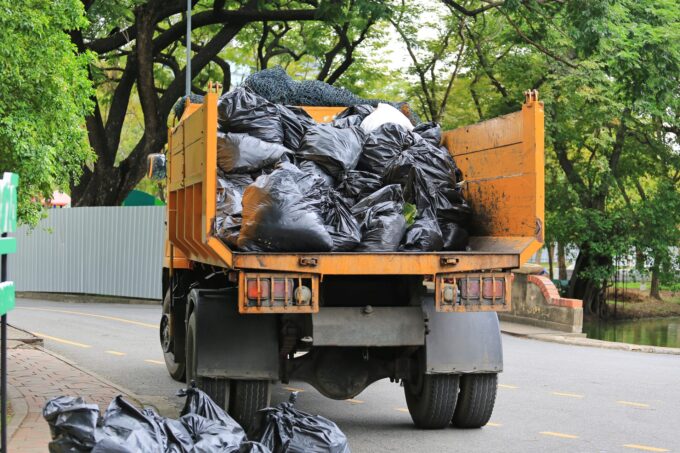
Some junk items are also quite dangerous. Jagged metal, broken glass, construction materials like discarded nails and screws; you would be surprised at how many companies will pass on these items and say they will not handle them. Though you may not be surprised to learn that these are the companies that generally aren’t as successful and typically don’t last as long. The best junk businesses are more than willing to handle these types of materials, and they’re able to carve out such a successful niche because they’re the ones people call when they need that sort of junk taken care of.
It’s basically about what a junk company is willing to do to live up to its name.
They Have Eco-Friendly Practices

Successful businesses in the junk industry are also smart enough, and care enough, to be eco-friendly. This means that while they may take dangerous materials, as in jagged, sharp materials, they’re not dealing in toxic materials or stuff that’s harmful to the environment. Companies that do that are breaking all sorts of laws and regulations, and they don’t typically last long in the industry. An eco-friendly business that handles junk will take anything that’s not a detriment to the environment, and they will dispose of the materials properly and in a fashion that’s advantageous for the environment.
There are a whole lot of junk businesses out there, though most of them do not end up as successful businesses that operate over the long term. The few that do have separated themselves from the pack due to their commitment to excellence and their environmentally friendly practices.


